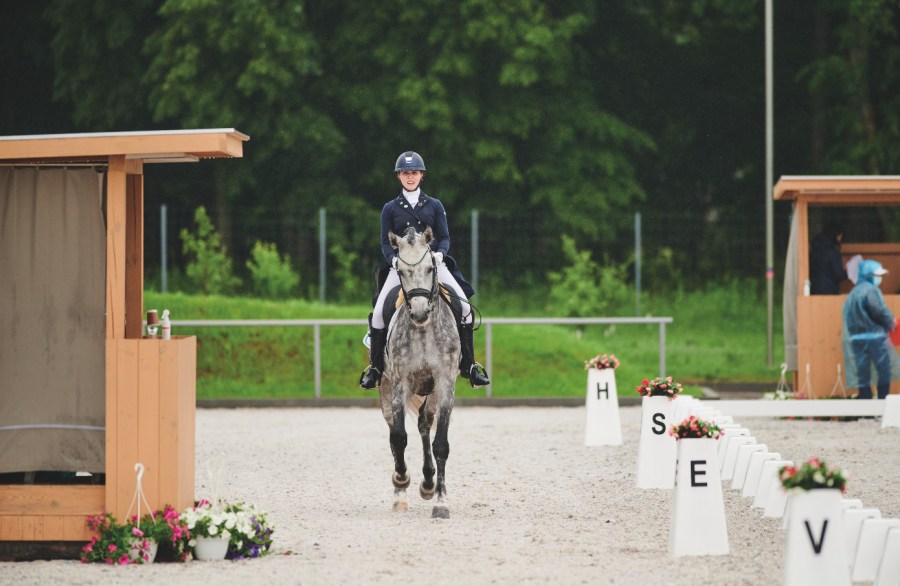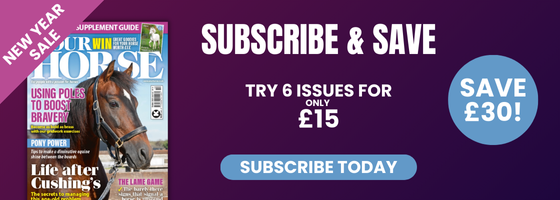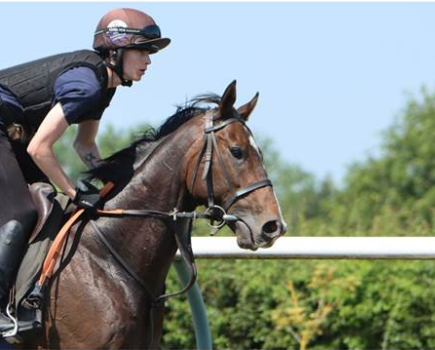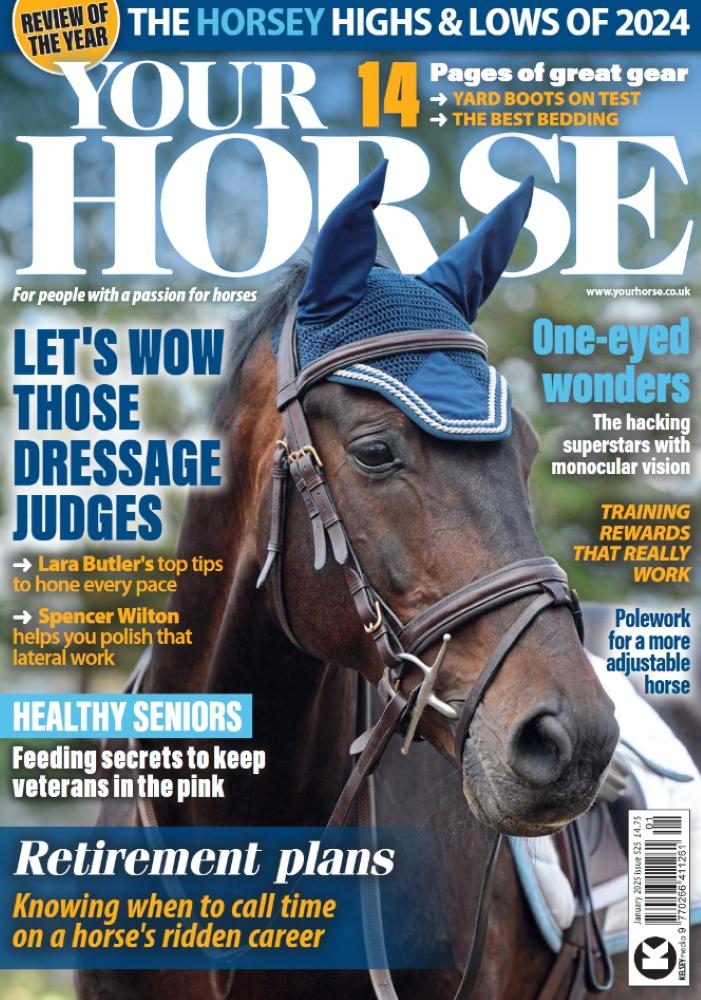Do you ever feel like your emotions take over when you’re riding and get in the way of you achieving your goals with your horse? If you want to improve, learning to embrace these feelings, and addressing your behaviour out of the saddle, can be key to doing so.
Performance psychologist Charlie Unwin spoke about how riders can harness the power of their minds to boost performance at the Horses Inside Out Conference (18-19 February). We bring you four takeaway tips, plus a tip for dressage riders, from the expert insight he shared.
Mind over matter
- Don’t be afraid of challenges: “Stress can be beneficial,” explained Charlie. “You go to the gym to get stronger and this is a good metaphor for the mind. Emotion is ‘E’ motion – energy in motion – without emotion we wouldn’t have motivation, we wouldn’t have the energy to get out of bed in the morning and go out there and do what we want to do and achieve what we want to achieve.”
- Finish on a good note: “When people ride horses they’re a bit scared of, they get out of the saddle with a strength of relief,” said Charlie. “That reinforces the sense of anticipation next time they get in the saddle. When you’re enjoying it, stop, get out of the saddle thinking, ‘I can’t wait to get back on’. When you go to sleep at night, you recreate not what happened that day, but the emotion surrounding what happened. The brain remembers things through emotions not necessarily through logic.”
- Saviour success: “You can have the best lesson with your horse, but if you’re immediately off the horse, on your phone, into the next meeting, onto the next horse, you completely dilute the learning of what happens,” explained Charlie. “We’ve got to think of the whole cycle – it’s not just what happens in the saddle, it’s everything that happens around the whole process.”
- Reflect on performance: “Michael Jung is one of the most mindful riders I can think of,” said Charlie. “He’s the only rider I know of who walks the course after he’s gone round it. If you want to learn and get better, all your learning has to come after the experience. As he walks round the course it embeds the experience of what happened.”
Assess your test
Charlie shared a tip to help riders perform their very best dressage test, as well as learn as much as possible for future performances.
He suggested mentally breaking the test up into five sections. The first is what you have to do, i.e. the movements in the test, the second is how you ride these movements, and the third is distilling this method into something simple and compelling, so that you can perform movements perfectly regardless of the circumstances. The fourth element comes after you have completed your test, the experience and what you believe happened, and finally the fifth section is what actually happened, using a video or a judges’ comments for feedback.
By thinking about each of these sections, riders can better focus on the controllable elements of a test, perform these under pressure, and then reflect on their performance objectively and subjectively, to learn from their actions and further improve.
Performance psychologist Charlie Unwin spoke at the Horses Inside Out conference (18-19 February). To find out more about Horses Inside Out, click here. Charlie’s book ‘Inside Out’ can be purchased here.
Lead image credit: Vitali Vitleo/Shutterstock
Check out our subscription offer










